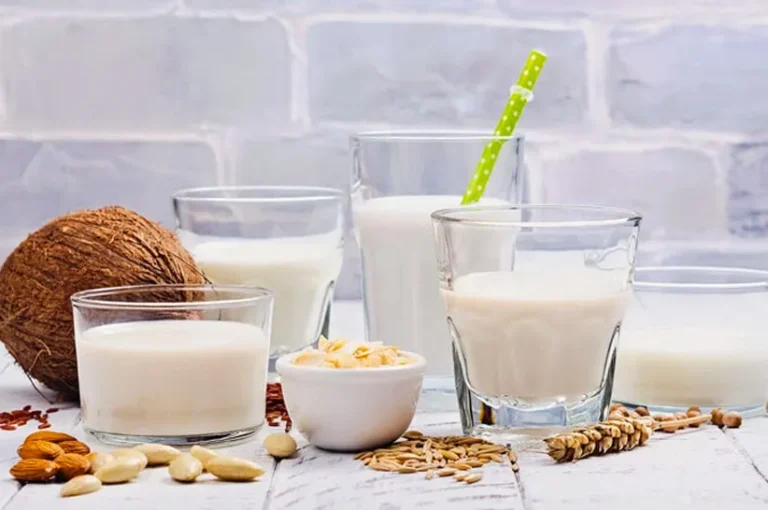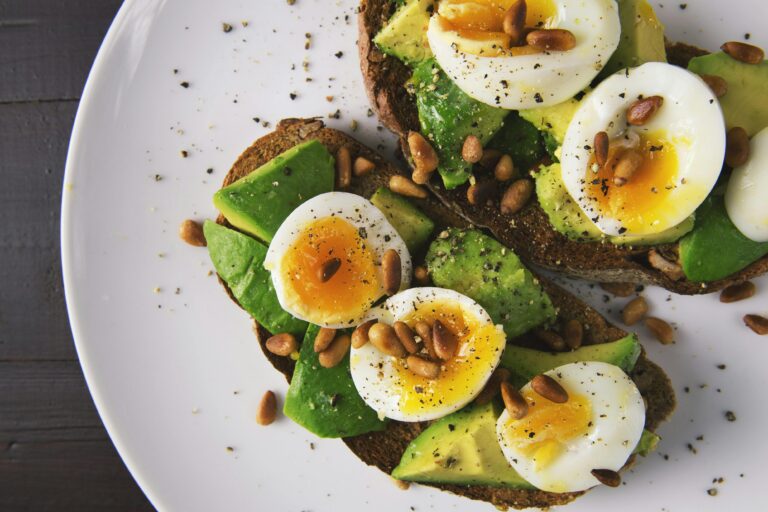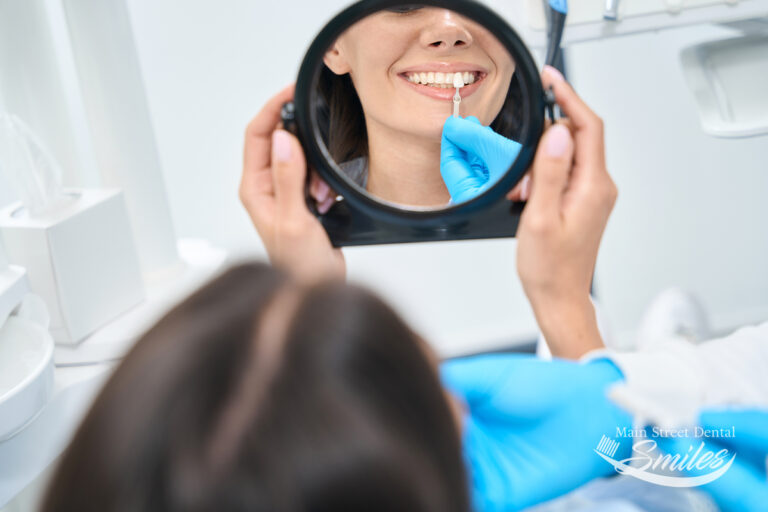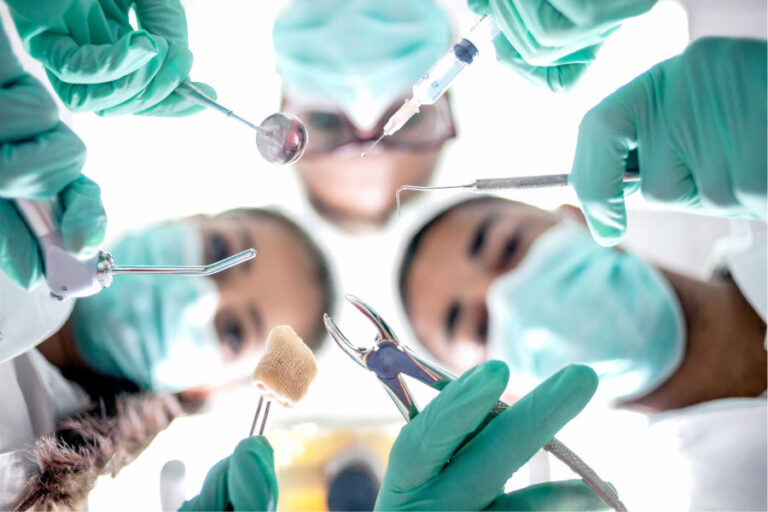In recent years, the ProLon Fasting Mimicking Diet has gained significant attention for its potential health benefits, including weight loss, improved metabolic health, and enhanced longevity. This article explores the concept of the ProLon diet, what you can expect before and after completing the program, and how it may impact your overall health and well-being. By the end, you will have a thorough understanding of the ProLon experience, from preparation to results.
What is the ProLon Diet?
Understanding Fasting Mimicking
The ProLon diet is a five-day fasting-mimicking program designed by researchers at the Longevity Institute at the University of Southern California. Unlike traditional fasting, which involves completely abstaining from food, ProLon allows for the consumption of specially designed, plant-based meals that provide essential nutrients while keeping caloric intake low. The goal is to induce a fasting state in the body, prompting various health benefits without the discomfort often associated with complete fasting.
The Science Behind ProLon
The ProLon diet is based on decades of research into the effects of fasting on cellular regeneration, metabolic health, and longevity. Studies have shown that fasting can activate autophagy—a process where the body cleans out damaged cells and regenerates new ones. This process has been linked to a range of health benefits, including reduced inflammation, improved insulin sensitivity, and enhanced brain health.
The Structure of the ProLon Diet
Day-by-Day Breakdown
The ProLon diet consists of five days of carefully crafted meals that provide a specific balance of macronutrients and micronutrients. Here’s a breakdown of what to expect each day:
- Day 1: The first day includes a slightly higher caloric intake, with an emphasis on soups, bars, and snacks. This helps ease the transition into the fasting state.
- Days 2-4: These days feature a more restrictive calorie intake, with meals that include vegetable soups, olives, and bars. The focus is on low-carbohydrate, high-fat foods that promote ketosis, a metabolic state where the body burns fat for fuel.
- Day 5: The final day of ProLon returns to a slightly higher calorie intake, helping to transition out of the fasting state.
Food Choices and Nutritional Balance
ProLon meals are designed to provide a balanced ratio of carbohydrates, fats, and proteins, with an emphasis on nutrient-dense, plant-based ingredients. Key components include:
- Soups: Made from organic vegetables and herbs, these soups are low in calories but high in flavor and nutrients.
- Bars: Nut-based bars offer a satisfying snack option while maintaining low calorie counts.
- Olives: A source of healthy fats that can help curb hunger during the fasting period.
- Teas: Herbal teas are included to promote hydration and provide antioxidants.
Preparing for ProLon: What to Expect
Mental and Physical Preparation
Before starting the ProLon diet, it’s essential to prepare both mentally and physically. Here are some tips to help you get ready:
- Consult a Healthcare Professional: Before beginning any new diet, especially one that involves caloric restriction, it’s advisable to consult with a healthcare provider. They can help determine if ProLon is suitable for you.
- Gradually Reduce Caloric Intake: In the days leading up to the ProLon program, consider gradually reducing your caloric intake. This can help ease the transition into the diet.
- Stay Hydrated: Proper hydration is crucial during the ProLon diet. Drinking plenty of water in the days leading up to the program can help your body adjust.
Setting Realistic Goals
Setting realistic goals for what you hope to achieve from the ProLon diet is essential. Whether you aim for weight loss, improved energy levels, or enhanced mental clarity, having clear goals can help motivate you throughout the five days.
The ProLon Experience: What Happens During the Diet
Daily Routine and Meal Timing
During the ProLon diet, maintaining a daily routine can help you stay on track. Consider setting specific meal times to ensure you consume your meals and snacks at consistent intervals. This structure can help regulate your hunger and energy levels.
Managing Hunger and Cravings
Many individuals experience hunger or cravings during the ProLon diet, especially in the first few days. Here are some strategies to manage these feelings:
- Stay Busy: Engaging in activities that keep your mind off food can be helpful. Consider taking up a hobby, going for a walk, or spending time with friends.
- Focus on Hydration: Drinking herbal teas or water can help alleviate hunger pangs and keep you hydrated.
- Mindfulness and Meditation: Practicing mindfulness or meditation can help you become more aware of your cravings and reduce emotional eating.
Common Challenges
While many people find success on the ProLon diet, it’s essential to acknowledge potential challenges:
- Fatigue: Some individuals may experience fatigue or low energy levels, especially during the first few days. This is often temporary as the body adjusts to the lower calorie intake.
- Mood Changes: Caloric restriction can affect mood. Be prepared for potential mood swings or irritability, especially if you’re used to regular meals.
ProLon After: What to Expect Post-Diet
Reintroducing Food
After completing the five-day ProLon diet, it’s crucial to reintroduce food gradually. Here are some tips:
- Start with Light Meals: Begin with light, easily digestible meals, such as soups and salads. Avoid heavy or processed foods initially.
- Listen to Your Body: Pay attention to how your body responds as you reintroduce food. Some people may find they feel full more quickly than before.
Potential Benefits and Changes
Many individuals report a range of benefits after completing the ProLon diet. These may include:
- Weight Loss: One of the most commonly reported outcomes is weight loss, which can vary based on individual factors and adherence to the program.
- Improved Energy Levels: Some participants notice increased energy levels and mental clarity post-diet, attributing this to the metabolic reset.
- Better Blood Sugar Control: Research suggests that the ProLon diet may improve insulin sensitivity, which can be beneficial for blood sugar management.
- Enhanced Mood: Some individuals report an improved mood and overall sense of well-being following the diet.
Tracking Progress
Keeping a journal to track your experiences before, during, and after the ProLon diet can be beneficial. Documenting your feelings, energy levels, and any physical changes can help you understand the impact of the diet on your body.
Long-Term Effects of the ProLon Diet
Sustainable Lifestyle Changes
The ProLon diet can serve as a catalyst for long-term lifestyle changes. Here are some ways to maintain the benefits after completing the program:
- Balanced Diet: Focus on a balanced, nutrient-dense diet that includes plenty of fruits, vegetables, whole grains, and healthy fats.
- Regular Exercise: Incorporating regular physical activity can help maintain weight loss and improve overall health.
- Mindful Eating: Practicing mindful eating can help you become more aware of your hunger cues and prevent overeating.
Continued Research
As interest in fasting and fasting-mimicking diets grows, ongoing research is likely to provide more insights into their long-term effects. Staying informed about new studies and findings can help you make the best decisions for your health.
Conclusion
The ProLon Fasting Mimicking Diet offers an innovative approach to fasting that can lead to various health benefits. Understanding what to expect before, during, and after the ProLon program can help you prepare for this unique experience. Whether you’re seeking weight loss, improved metabolic health, or simply a reset for your body, the ProLon diet may be a valuable tool in your health journey.













